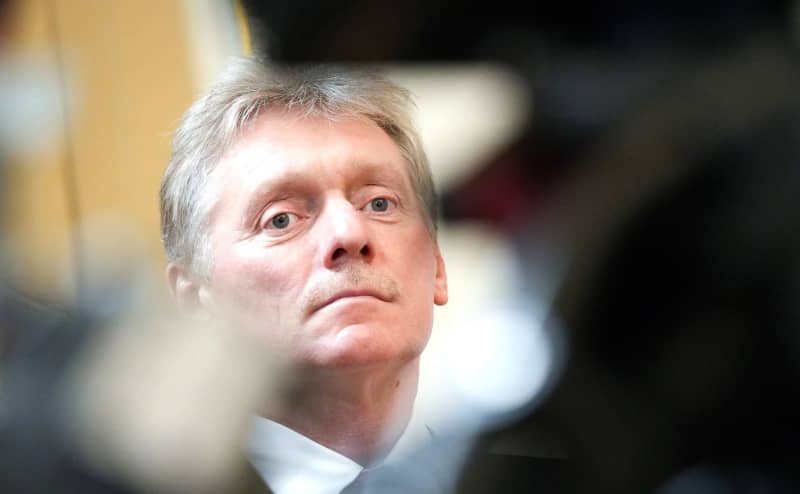Germany’s former chancellor Gerhard Schröder says he can still imagine that his friendship with Russian President Vladimir Putin could contribute to ending the war in Ukraine.
“We have worked together sensibly for many years. Perhaps that can still help to find a negotiated solution, I don’t see any other way,” Schröder said in an interview with dpa.
Schröder has been friends with Putin since his time as chancellor from 1998 to 2005 and continues to work for the majority Russian companies operating the Nord Stream pipelines through the Baltic Sea. Although he has described the Russian attack on Ukraine as a “fatal mistake,” he has not renounced Putin.
The leadership of his Social Democratic Party has marginalized him for this reason, but an expulsion procedure against him failed.
When asked why he is maintaining his friendship with the Russian president despite tens of thousands of deaths and Russian war crimes in the Ukraine war, Schröder replied, “It’s true that this is a dimension that is different.”
It had once looked as if his personal relationship with Putin could be helpful in solving an extremely difficult political problem. “And that’s why I think it would be completely wrong to forget all the positive things that have happened between us in politics in the past. That’s not my style and I don’t do that either,” he said.
Schröder was alluding to his mediation mission in March 2022 shortly after the Russian attack on Ukraine, when Schröder said he first met then Ukrainian parliamentarian and current Defence Minister Rustem Umerov in Istanbul and travelled on to Moscow for talks with Putin. However, the initiative failed.
The Kremlin welcomed Schröder’s statements.
Good, constructive relations on a personal level like those between Schröder and Putin could help to solve problems, Kremlin spokesman Dmitry Peskov was quoted as saying by Russian news agencies on Thursday.
The Kremlin spokesman added that when it came to those in power in Germany today, he did not see any willingness to end the war in Ukraine.
Schröder also indicated that he is in favour of a new attempt at mediation in the Ukraine-Russia conflict at the government level.
“France and Germany would have to take the initiative. It is obvious that the war cannot end with the total defeat of one side or the other,” the former chancellor said.
Schröder described speculation that Putin could start a nuclear war or attack a NATO country on the eastern flank as “nonsense.”
In order to nip an escalation towards such scenarios in the bud and prevent the population from becoming more worried, serious thought must be given to a solution to the conflict in addition to support for Ukraine, he emphasized.
Germany’s current chancellor, Olaf Scholz, has not spoken to Putin on the phone since December 2022.
In an interview with the German daily Märkische Allgemeine published on Thursday, Scholz pointed out that there had been repeated discussions with Moscow about, for example, the agreement on the export of Ukrainian grain, security at the Zaporizhzhya nuclear power plant and the exchange of prisoners.
“A number of countries, including Ukraine, are currently discussing at the security advisor level what something could look like that would lead to a peace process,” he said. “But let me make one thing very clear: peace is possible at any time.”
“Putin just has to stop his barbaric campaign and withdraw troops,” Scholz asserted.
